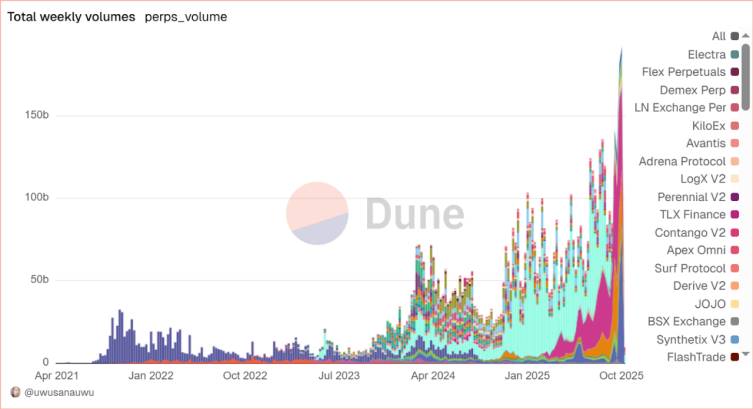Billionaire Warren Buffett Dumps $6,100,000,000 in Stocks in Three Months As Berkshire Hathaway Hoards Record Pile of Cash
Billionaire Warren Buffett’s massive selling spree at Berkshire Hathaway continues, with the legendary investor executing a net sell-off of $6.1 billion in stocks in the third quarter.
New SEC filings show the Berkshire CEO sold $12.5 billion worth of Berkshire’s equities while buying just $6.4 billion in equities.
This marks the 12th straight quarter of net stock sales for the conglomerate and leaves Berkshire’s cash reserves at a record $381.6 billion by September’s end.
Berkshire halted share buybacks entirely during the period, a shift from prior quarters.
The firm’s operating earnings rose 34% to $13.5 billion, driven by insurance and utilities.
Specific stocks bought or sold remain undisclosed, pending the company’s 13F filing due later this month.
Analysts view the cash buildup as a defensive stance, with the 95 year-old investor believing valuations are high with opportunities scarce.
In Q2, Berkshire increased positions in UnitedHealth Group, Nucor, Lennar, Pool Corporation and D.R. Horton, with cuts in Apple, T-Mobile, DaVita and Charter Communications.
The latest available data as of Q2 shows Berkshire’s biggest position is in Apple (AAPL), with 280 million shares valued at about $57 billion, representing 22% of the firm’s portfolio.
Next up is American Express (AXP), with the firm holding 151 million shares valued at $48 billion, representing 18% of its portfolio.
And despite steadily unloading Bank of America (BAC), the stock remains Berkshire’s third-largest position with 605 million shares valued at $28 billion, representing 11% of Berkshire’s holdings.
Generated Image: Midjourney
Disclaimer: The content of this article solely reflects the author's opinion and does not represent the platform in any capacity. This article is not intended to serve as a reference for making investment decisions.
You may also like
Soros predicts an AI bubble: We live in a self-fulfilling market
The article uses Brian Armstrong's behavior during the Coinbase earnings call to vividly illustrate George Soros' "reflexivity theory," which posits that market prices can influence the actual value of assets. The article further explores how financial markets actively shape reality, using examples such as the corporate conglomerate boom, the 2008 financial crisis, and the current artificial intelligence bubble to explain the workings of feedback loops and their potential risks. Summary generated by Mars AI This summary was generated by the Mars AI model, and the accuracy and completeness of its content are still being iteratively improved.

In-depth Research Report on Perp DEX: Comprehensive Upgrade from Technological Breakthroughs to Ecosystem Competition
The Perp DEX sector has successfully passed the technology validation period and entered a new phase of ecosystem and model competition.

Space Review|Farewell to the Era of “Narrative Equals Hype”, TRON Rebuilds Market Confidence with Real Yields
As the crypto market shifts from “listening to stories” to “seeing results,” TRON demonstrates a feasible path through its solid ecosystem foundation and value circulation.

Bitcoin (BTC) Holds Key Support — Could This Pattern Trigger an Rebound?

